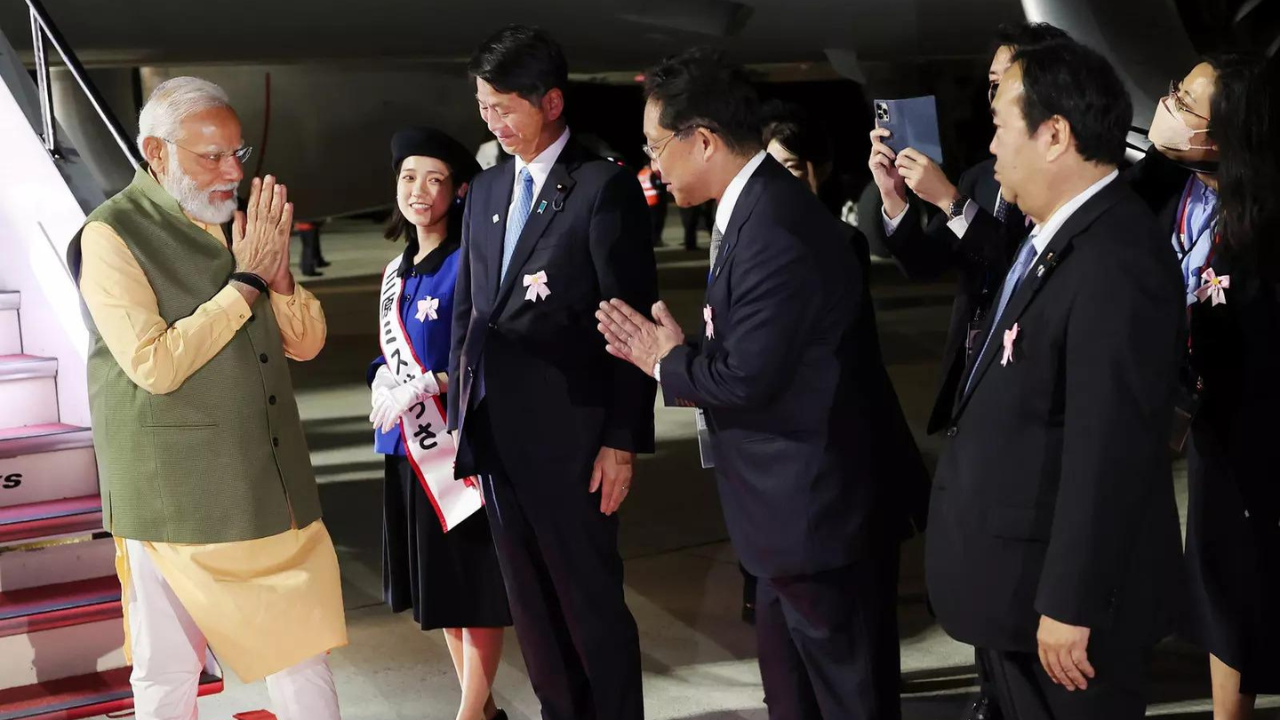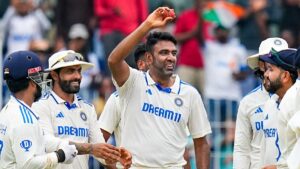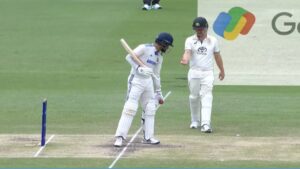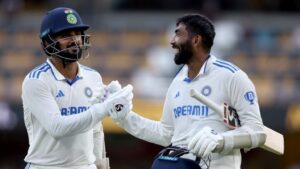India will strive to amplify voices, concerns of Global South at G7 summit: PM Modi | India News – Times of India

In an interview with Nikkei Asia, the PM said he was looking forward to discussing global changes and challenges in areas such as energy, digital technology and supply chains and emphasise India’s role as a “reliable partner” in addressing these challenges.
India is not a G7 member but PM Modi was invited by host and Japanese Prime Minister Fumio Kishida, who has repeatedly expressed his desire to actively engage the so-called Global South, or developing world. PM Modi will be inaugurating a bust of Mahatma Gandhi in Hiroshima.
PM Modi said that Japan and India’s shared values of democracy, freedom and the rule of law have naturally brought them closer. “We now see a growing convergence in our political, strategic, security, and economic interests,” he said in the interview.
Global South
India took over the G20 presidency from Indonesia in December. In January, it hosted the inaugural Voice of Global South summit online, drawing 125 countries.
The discussions highlighted many countries’ desire for reform of international bodies for more balanced representation.
“As a member of the Global South, our interest in any plurilateral setting is to serve as a bridge between diverse voices and contribute to a constructive and positive agenda,” PM Modi told Nikkei Asia.
He also highlighted the “limitations” of global governance institutions that remain “confined to outdated mindsets”.
“These deficiencies have become evident in addressing contemporary challenges such as climate change, the Covid-19 pandemic, terrorism, and financial crises … The credibility of the UN Security Council and its decision-making process will always be questioned if it continues to deny representation on a permanent basis to the world’s largest democracy, as well as entire continents like Africa and Latin America.”
On Pakistan and China
On the lingering standoff with China along the Line of Actual Control (LAC), PM Modi said India was “fully prepared and committed to protect its sovereignty and dignity”. Border tensions have strained bilateral ties, especially after a deadly clash in 2020 that resulted in the deaths of several soldiers on either side.
“Peace and tranquility in the border areas are essential for normal bilateral ties with China,” PM Modi said. “The future development of India-China relationship can only be based on mutual respect, mutual sensitivity and mutual interests,” he added, noting that “normalising” the ties would benefit the wider region and the world.
On Pakistan, the PM said that India wants “normal and neighborly relations.” “However, it is incumbent upon Pakistan to create a conducive environment free from terrorism and hostilities. The onus is on Pakistan to take necessary steps in this regard.”
Three-nation tour
As a sign of India’s larger engagement on the global platform, PM Modi’s trip to Japan is part of a three-nation six-day whirlwind tour that will see him take part in at least 40 engagements, and interact with over two dozen world leaders in summits as well as through bilateral meetings.
- In the first leg of his trip, the PM will visit Hiroshima from May 19-21 for G7 summit in which he is expected to speak on challenges facing the globe including food, fertiliser and energy security.
- The Quad summit, which was originally scheduled to be held in Sydney on May 28, will now likely take place on the sidelines of the G7 summit in Hiroshima.
- From Japan, the PM will travel to Port Moresby in Papua New Guinea where he will host the third summit of the Forum for India-Pacific Islands Cooperation on May 22 jointly with PM James Marape.
- In the third and final leg of the trip, the PM will visit Australia, where he will hold talks with his counterpart Anthony Albanese and address a diaspora event on May 23.
Point of friction
Though there is much synergy between India’s goals and the G7 agenda, a point of friction could be the debate on the Russian invasion of Ukraine.
India has not explicitly condemned Russia for its aggression and has been buying up Russian crude oil at record levels ever since Western nations slapped strict sanctions on Moscow. The G7 is aiming to further tighten sanctions on Moscow.
“India stands on the side of peace, and will remain firmly there. We are committed to supporting those who face challenges in meeting their basic needs, especially in the face of rising costs of food, fuel, and fertilisers. We maintain communication with both Russia and Ukraine,” PM Modi said.
Balancing act
While many bloc such as the G7 and G20 have tried to get India to pull away from Russia, New Delhi has always managed to tow a fine line.
India is a member of the Quadrilateral Security Dialogue (Quad) with the US, Japan and Australia. The Quad leaders may hold a meeting on the sidelines of the G7 summit in Japan, after the scheduled Quad meeting to be held in Sydney next week was cancelled.
China has equated the bloc as being akin to the Nato alliance and has strongly criticised it for its anti-Beijing views, especially regarding the Indo-pacific region.
But India is also a member of the China and Russia-led Shanghai Cooperation Organization (SCO).
PM Modi stressed that New Delhi has never wedded itself to security alliances. “Instead, we engage with a wide range of friends and like-minded partners around the world based on our national interests.”
The Quad countries’ collective focus is on “fostering a free, open, prosperous and inclusive Indo-Pacific region,” he said. On the other hand, the SCO plays a significant role in India’s engagement with the “important” Central Asian region. “Participating in these two groups is not contradictory or mutually exclusive for India.”
(With inputs from agencies)
Watch PM Modi arrives in Hiroshima for G7 summit









